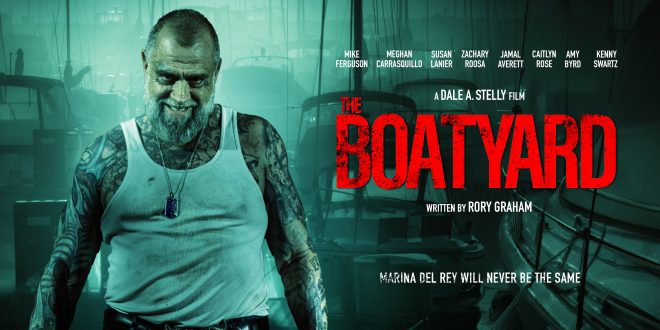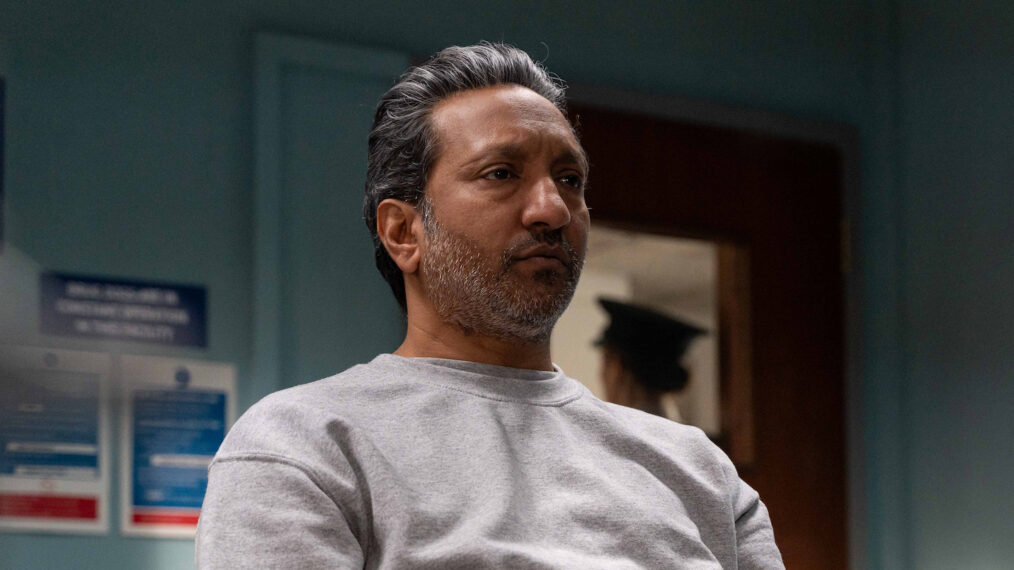In Brief:
- Coaching is about self-discovery, not handing out advice
- Advice creates dependency, while coaching builds ownership
- Job market challenges include AI job losses and slower hiring
- Real coaching equips professionals to navigate uncertainty
I was teaching a leadership class about professionalism and accountability recently when one of the participants said something that made me cringe: “I was prepping for one of these difficult conversations and my coach gave me some advice.”
Coaches hear this all the time. And every time I do, I know we still have work to do in setting the record straight. Because here’s the hard truth: if your “coach” is giving you advice, you don’t have a coach. You have a consultant, a mentor, or maybe even just a cheerleader. Coaching is something entirely different—and far more powerful.
The most common misconception about coaching is that it’s about getting quick fixes or a ready-made game plan. I understand why people fall into that trap. Advice is easy to give and easy to take. It scratches the itch for certainty in an uncertain world. But advice is a shortcut—and like most shortcuts, it rarely takes you where you really want to go.
Coaching, by contrast, isn’t about handing over answers. It’s about creating a space where you—the client—do the hard work of self-discovery. The coach’s job is to push, probe, question and reflect until you uncover what you already know and what you really want. Then you own the meaning, the decisions and the consequences. That’s where real growth happens.
Let’s be clear: When a coach starts dishing out advice, they’ve hijacked the process. Ownership shifts from client to coach. And when things go wrong—as they inevitably do—guess who’s stuck holding the bag? Not the coach. You are. That’s not coaching; that’s dependency disguised as support.
This distinction matters more than ever in today’s job market. We’re in a strange, contradictory moment. On one hand, the July 2025 jobs report shows unemployment steady at 4.2%, with 7.2 million people jobless, according to the U.S. Bureau of Labor Statistics. However, companies are quietly pumping the brakes. Nearly one in five U.S. employers now say they’ll slow hiring in the second half of 2025—almost double last year’s rate, per the Wall Street Journal. The average job search is dragging out to 24 weeks. That’s six months of applications, interviews, ghosting and waiting.
And then there’s the AI wildcard. A Stanford study shows a brutal 16% employment drop among 22- to 25-year-olds in AI-impacted sectors like software and customer support since late 2022. Entry-level jobs—the very rungs young professionals need to climb—are evaporating. No wonder 71% of Americans now believe AI will cause permanent unemployment for many (Times of India).
So yes, it’s tempting to grab at advice. “Tell me the magic words for my résumé.” “Tell me how to ace the interview.” “Tell me how to survive an AI-driven hiring process.” The problem is, that advice is usually recycled, generic and context-free. What worked for someone else probably won’t work for you, because your career, your goals and your circumstances aren’t theirs.
This is why real coaching matters. A coach doesn’t hand you an instruction manual—they force you to write your own. They’ll ask: “What strengths do you want an employer to see in you?” or “If success were guaranteed, what would you try?” Those questions don’t give you the answer; they unlock your answer.
That’s the difference between a quick fix and a transformation. When you find the solution yourself, you’re not just more committed to it—you’re better equipped to replicate the process the next time you face uncertainty. In a labor market that’s shifting under our feet, that’s not just helpful. It’s survival.
So here’s the blunt advice—ironically—that I’ll offer: if your coach is giving you advice, stop them. Instead, say: “I don’t want your solution; I want help finding mine.” Better yet, hash this out before you even start the relationship. The best coaches will welcome it. If they don’t? Walk away.
Coaching isn’t easy. It can feel frustrating, uncomfortable, even messy. But if you’re serious about navigating today’s chaotic job market—whether you’re 22 and fighting for your first role, or 52 and reinventing yourself—you don’t need someone else’s roadmap. You need to build your own.
That’s the essence of coaching. And in this economy, it’s a lot more valuable than advice.
Nancy Jacoby is a professional executive coach with clients in New York City and on Long Island.






















![[Spoiler] Evicted in Season 27, Week 7 [Spoiler] Evicted in Season 27, Week 7](https://tvline.com/wp-content/uploads/2025/08/big-brother-live-eviction-week-7.png?w=650)







































![Central Cee – No Introduction [Music Video] Central Cee – No Introduction [Music Video]](https://i.ytimg.com/vi/W4Gw9CIJDOU/maxresdefault.jpg)

















